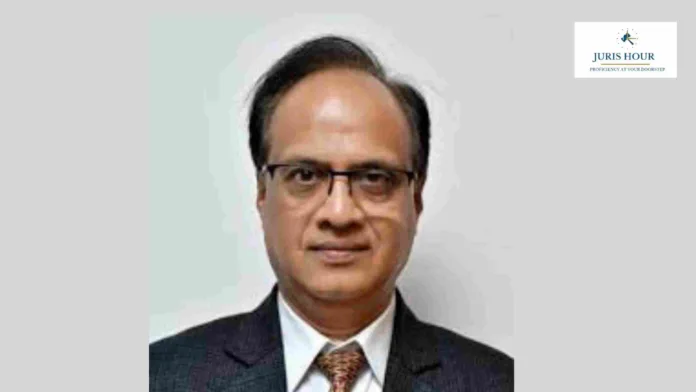The Central Government has appointed Anil Kumar Gupta, IRS (Retd., Customs & Indirect Taxes) as the Technical Member (Centre) of the Goods and Services Tax Appellate Tribunal (GSTAT) at its Principal Bench, New Delhi.
Mr. Gupta brings with him an illustrious career spanning over three decades in indirect tax administration, particularly in the realms of GST, Central Excise, Service Tax, and audit. He is a senior officer from the 1989 batch of the Indian Revenue Service (Customs & Central Excise) and a distinguished Fellow Member of the Institute of Cost Accountants of India (ICMAI).
Before his retirement, Mr. Gupta held the charge of Principal Commissioner, CGST Audit, Panchkula, along with the additional charge of Principal Additional Director General, National Academy of Customs & Indirect Taxes and Narcotics (NACIN), Zonal Campus, Chandigarh. In this dual capacity, he contributed immensely to capacity building, training, and audit oversight under the GST regime.
Over the course of his career, he also served as:
- Principal Director General of GST Intelligence (DGGI)
- Principal Chief Commissioner, Kolkata CGST Zone
- Chief Commissioner, Customs Zone Kolkata
- Pr. Additional Director General, NACIN (for over four years)
Notably, Mr. Gupta also had prior experience in the corporate sector before joining the IRS, having spent four years handling finance and accounts roles, which gave him crucial insights into internal control and audit systems typically followed in private enterprises.
A highly respected trainer and thought leader in the domain of indirect taxes, he has played a pivotal role in shaping the implementation and audit frameworks under the GST across India. His academic background includes a B.Com from Multani Mal Modi College, Patiala, and an MBA (Finance) from Punjabi University.
His appointment as Technical Member (Centre) at the GSTAT Principal Bench is seen as a significant step towards strengthening the adjudication and appellate framework under the GST law. His deep knowledge and practical experience in tax administration are expected to enhance the efficiency and credibility of the tribunal’s operations.

